Humans news stories

Scientists are designing new psychedelic-inspired drugs that don’t yet exist, which might have effects no one can yet describe.
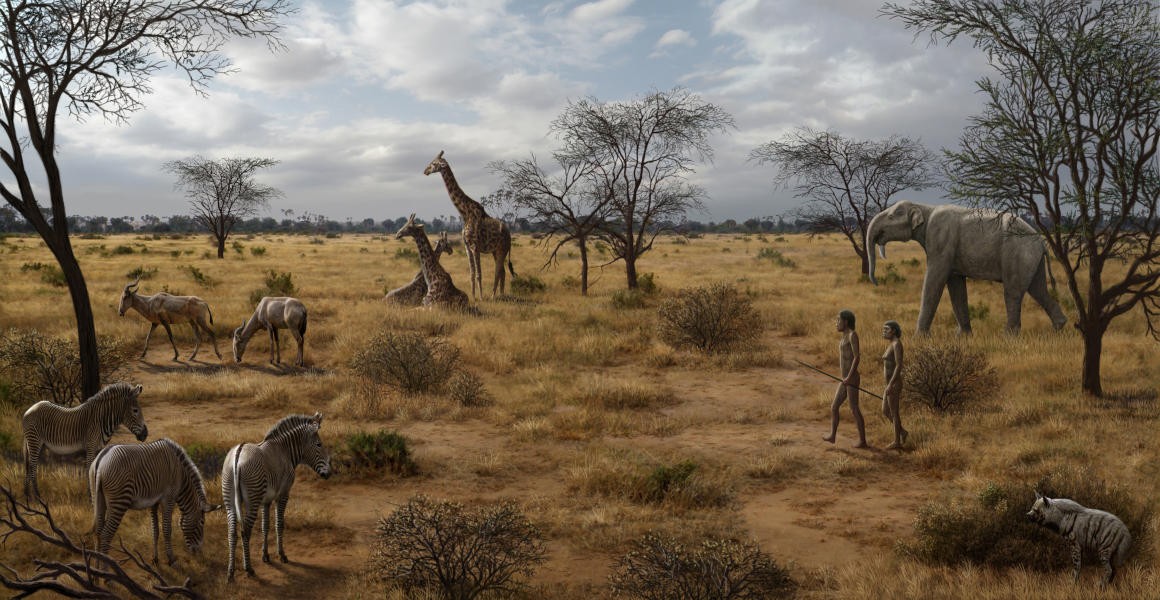
A new analysis has looked at multiple sites which show evidence of early humans and found something surprising. It suggests that findings of increasing carnivory over time in Homo erectus are just a quirk of sampling.
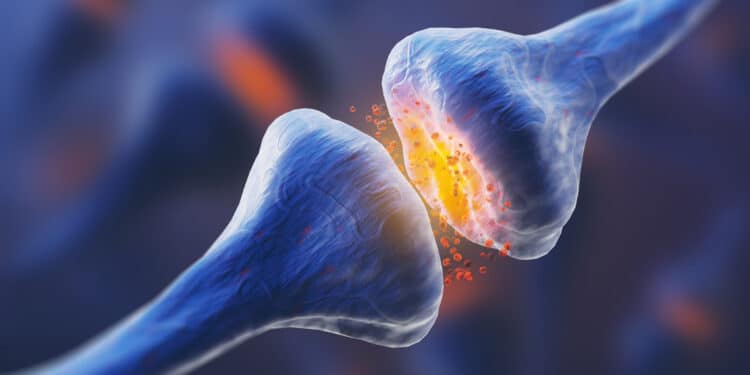
Many people have experienced reductions in stress, pain and anxiety and sometimes even euphoria after exercise. What’s behind this so-called “runner’s high”? New research on the neuroscience of exercise may surprise you.

Scientists have found “compelling evidence” that Saturn’s “Death Star” moon is hiding an ocean just beneath its surface, furthering the search for possible life in our solar system.
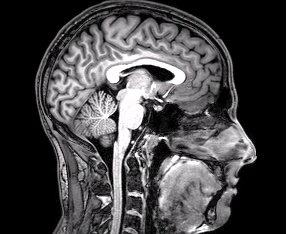
After a century of research and many life-changing progressions in science, Alzheimer’s disease remains unhindered and incurable…Researchers have now had to think more imaginatively about how to treat Alzheimer’s disease. Remarkably, it appears as though psychedelic drugs may offer unprecedented potential.
Image from: DrOONeil (Wiki Commons)
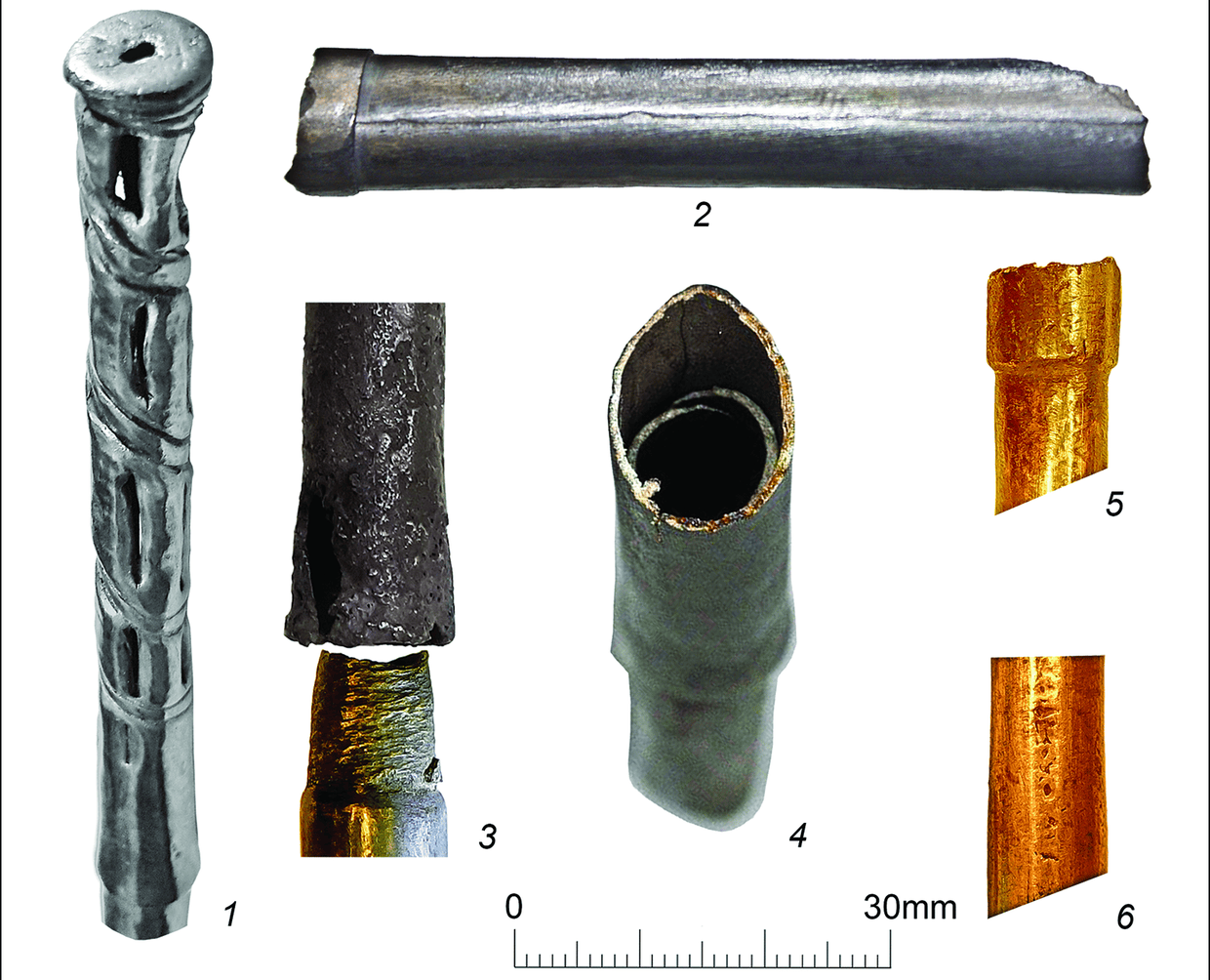
A set of ancient gold and silver tubes dating to about 5,500 years ago and unearthed in North Caucasus in Russia could be the world’s oldest surviving drinking straws, experts have claimed.
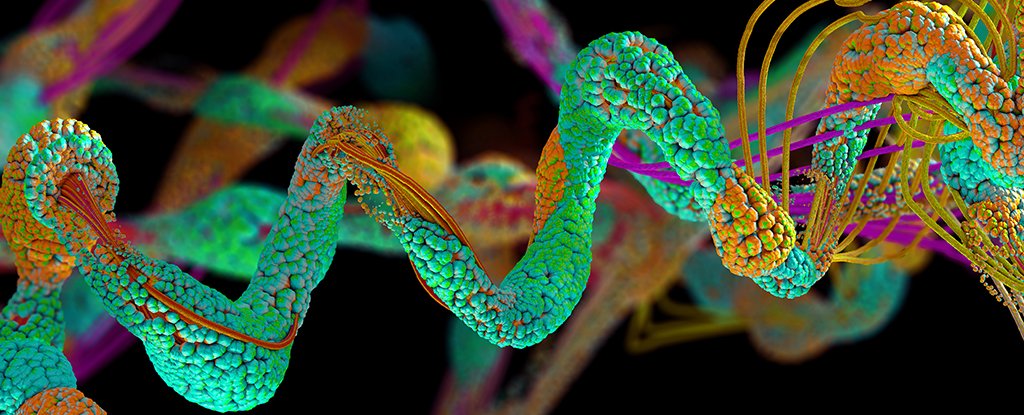
The question of how life first sparked into existence on our planet is one we haven’t yet fully answered, but science is getting closer all the time – and a new study identifies the structures of the proteins that may well have made it happen
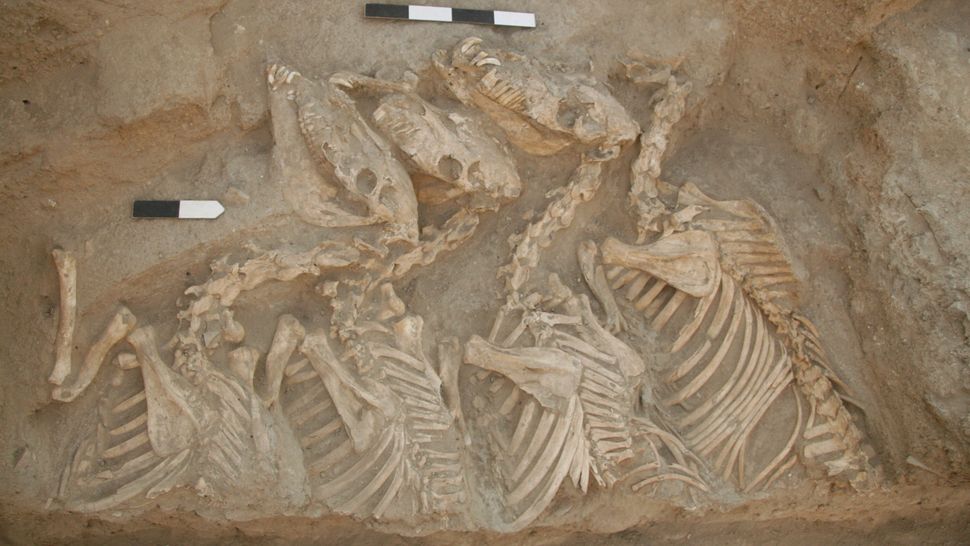
Mesopotamians were using hybrids of domesticated donkeys and wild asses to pull their war wagons 4,500 years ago — at least 500 years before horses were bred for the purpose, a new study reveals
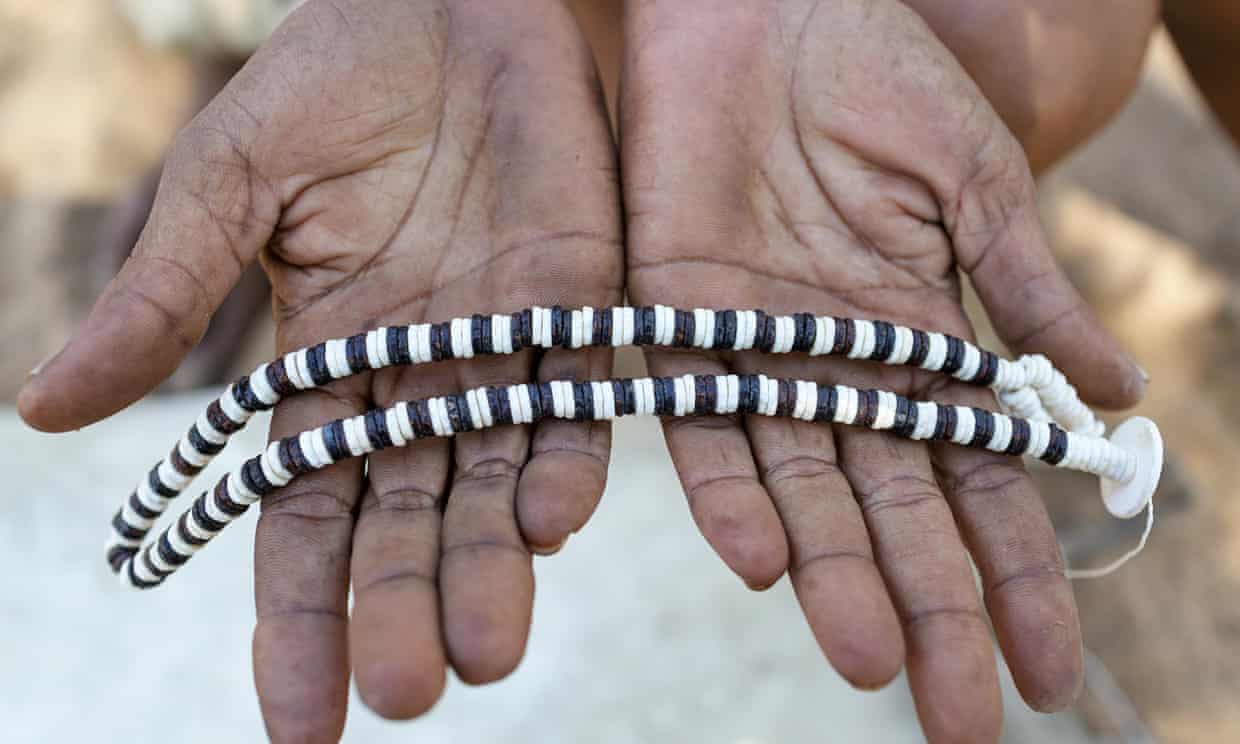
Scientists have uncovered the world’s oldest social network, a web of connections that flourished 50,000 years ago and stretched for thousands of miles across Africa.
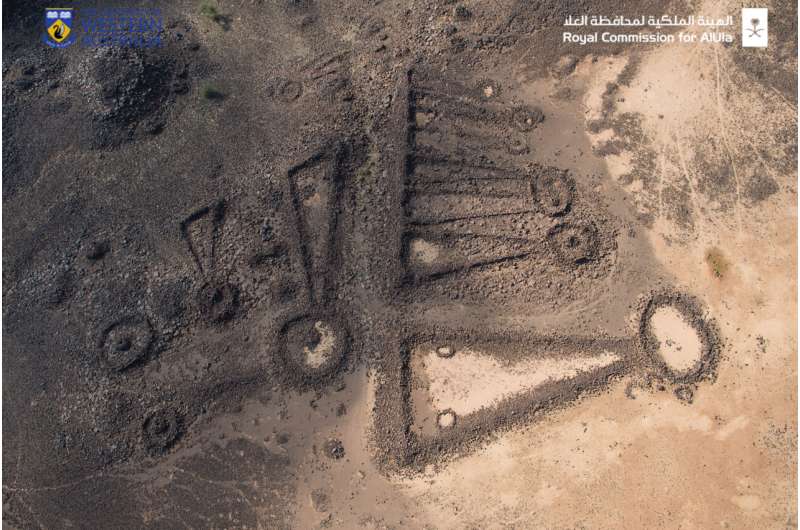
Archeologists from The University of Western Australia have discovered people who lived in north-west Arabia in the Early to Middle Bronze Age built ‘funerary avenues’—long-distance corridors linking oases and pastures, bordered by thousands of elaborate burial monuments.

A non-psychoactive compound found in live cannabis plants could help sabotage the spike protein on coronaviruses, scientists have found.
Image from: Potleaf.jpg (Wiki Commons)

New analysis based on ash from volcanic cataclysm dates an early human found at Omo, Ethiopia, to 233,000 years, supporting the ‘early evolution’ theory for Homo sapiens

Beer laced with hallucinogenic drugs derived from plant seeds may have helped leaders of a South American culture maintain their political control for hundreds of years, according to new research.
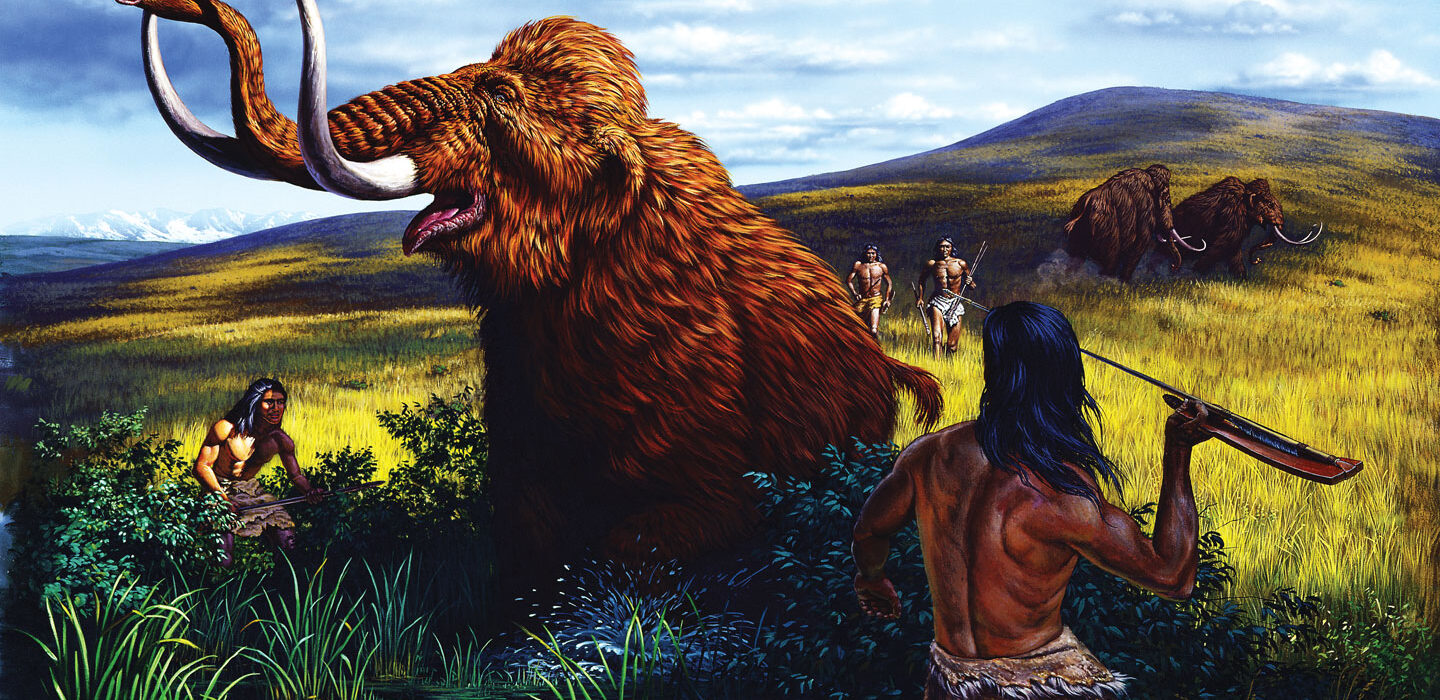
Tests of stone points show that early Americans may have been better scavengers than hunters of the giant beasts.
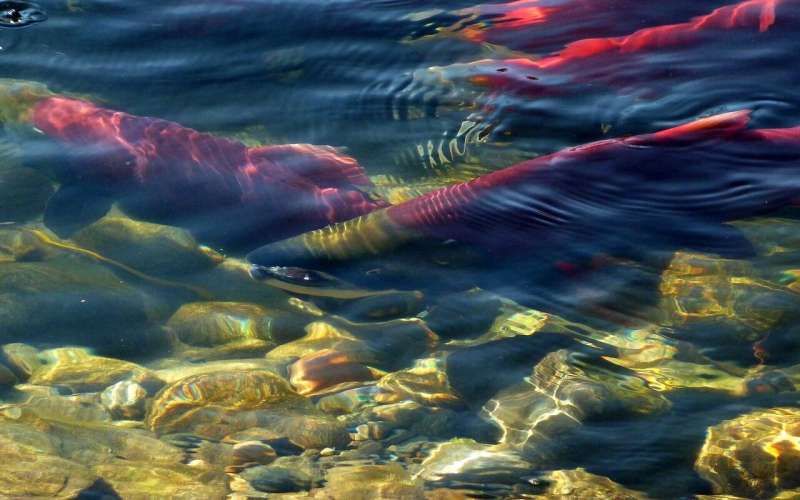
It’s widely understood that animals such as salmon, butterflies and birds have an innate magnetic sense, allowing them to use the Earth’s magnetic field for navigation to places such as feeding and breeding grounds.
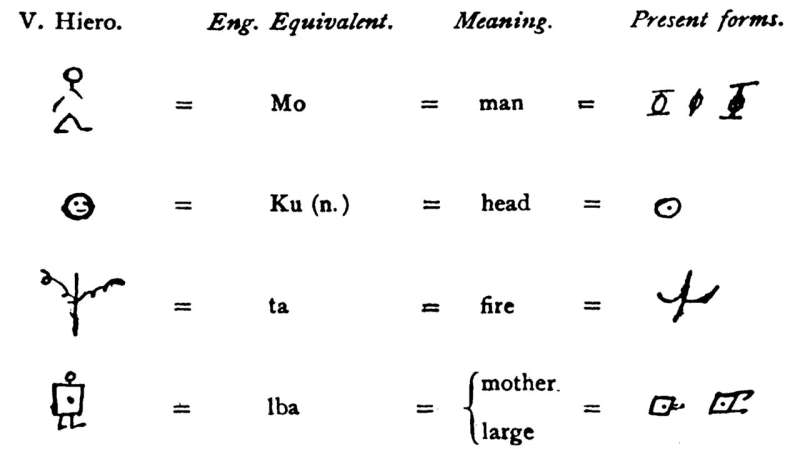
The world’s very first invention of writing took place over 5000 years ago in the Middle East, before it was reinvented in China and Central America. Today, almost all human activities—from education to political systems and computer code—rely on this technology.








